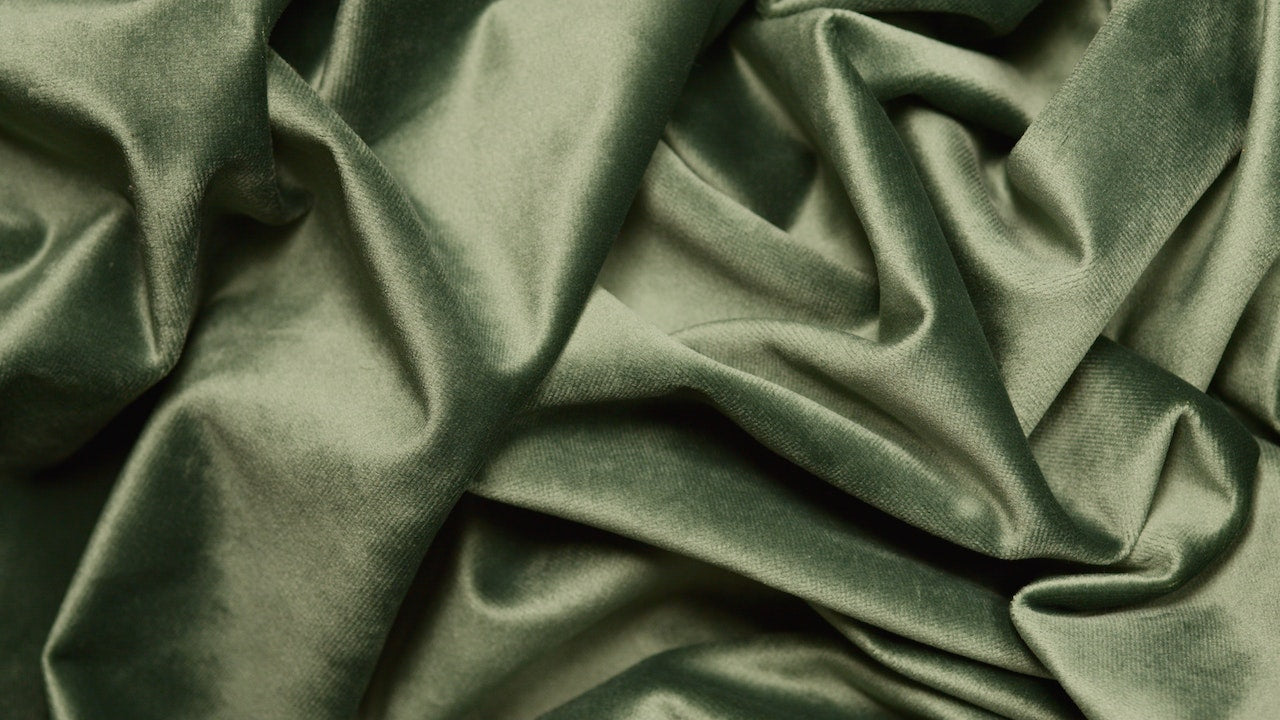Your Cart is Empty

If you’ve ever looked forward to settling into your nice, comfy bed, only to realize that your favorite sheets have suddenly developed annoying little puffs of fabric on the surface, you know the pains of fabric pilling.
Here’s why your sheets might be pilling; and how you can avoid the pain by investing in higher-quality pill-resistant sheets instead.
“Pilling” refers to the process in which the fabric of your sheets or clothes starts developing tiny little puffs of fiber on the surface (aka “pills” or lint). These pills usually develop when the fabric fibers of your sheets begin to break apart, which is most often due to friction as it tumbles in your washing/drying machines. It can also happen in areas that experience frequent rubbing; for example, the edges of your fitted sheets might experience pilling more often than others since they’re often rubbing along the edges of your mattress.
Unfortunately, due to the nature of most fabrics, pilling isn’t always avoidable. The more your sheets are washed and used, the more likely it is that you’ll start to notice those little fabric puffs developing. However, you can definitely avoid going through the heartbreak of losing your sheets to pilling too soon by investing in higher-quality bed sheets!
Here’s what to look out for when shopping for pill-resistant sheets:
Man-made fibers like polyester are fairly durable. However, this can also be a disadvantage since they’re more likely to stretch, fray, tangle, and pill rather than break off completely when exposed to friction. Instead, stick to natural fibers like silk, bamboo, and long-thread cotton.
In addition to avoiding synthetic fibers as a whole, you’ll definitely also want to steer away from fabric blends like polycotton (polyester + cotton). These blends were created to be cheaper and more durable than 100% cotton but more comfortable than 100% polyester. Unfortunately, the stronger of the two fabrics in a blend will tend to pull at the weaker one, leading to tangling, breakage, and pilling. Instead, look for sheets that are made with just one kind of natural fiber like 100% cotton.
Longer fabric strands are a definite advantage over shorter ones when it comes to pilling since they’re less likely to break and tangle. If you’re shopping for cotton sheets, look for “long-thread” or “long-staple” 100% cotton which is less prone to pilling than cheaper, shorter-thread variations.
In addition to the type of fabric itself, you’ll also need to consider how those fibers are woven together. Tighter weaves like percale cotton or high-density flannel are great choices here since they’re less likely to allow stray threads to come loose and form pills.
The fabric that is used in Quickzip’s sheets meets the criteria for max pill resistancy. The fabric that’s used in our sheets are tested in the lab, and they are made from 100% cotton, long staple, and not synthetic. These sheets are available in sateen and percale weaves.
When it comes to the best overall sheets for durability and comfort, you can’t go wrong with 100% percale cotton. Tightly-woven percale is a favorite fabric for bed sheets because it’s crisp, comfortable, and breathable -- and when it’s made using long-form cotton, it’s incredibly pill-resistant!
QuickZip’s Fitted Sheets in Percale are made with an ultra-luxurious 100% long-form percale cotton, which checks off all the boxes when it comes to pill resistance, and they’re comfortable to boot especially if you tend to be a hot sleeper. The sheets are also made with QuickZip’s signature two-piece system that includes both a base and a Zip Sheet for easy changes on laundry day.
Luxuriously smooth and soft, with a 400 thread count long-staple cotton, QuickZip’s 100% sateen cotton is made with the ultimate treat-yourself indulgence in mind. Like the other cotton sheets in the QuickZip line, these buttery-soft sheets are made with long-staple cotton to resist the fraying and pilling you might have to deal with in less-luxurious sheets.
Unfortunately, even the best sheets may see some pilling over time. But luckily, if you take care of them the right way on laundry days, you’ll be able to extend the life of your favorite sheets and get way more nights of restful sleep out of them.
If your laundry items are prone to pilling, consider using a gentle laundry detergent to soften the friction in the washing machine. As a general rule, it’s best to stick to liquid detergents rather than powder since powder can be fairly abrasive when not properly dissolved. If you do decide to use a powder detergent, make sure that you use only the amount necessary to wash the load in your machine to avoid undissolved powders rubbing on your sheets.
One reason your sheets could be pilling is that they’re going through a ton of wear and (literal) tear as they bounce around in your washer and dryer. If you’re concerned that your fabrics are going to pull, use the gentle cycle when you’re washing and drying your bedding. You can also take it one step further and consider hand washing and air drying instead to avoid tumbling and friction!
Another good laundry day tip: for the best results, you should also avoid overcrowding your washing machine to prevent unnecessary friction and rubbing.
Fabric pilling is, unfortunately, a common consequence that comes with taking care of your sheets. But if you invest in the right kind of long-staple cotton sheets and take extra care during laundry days, you can help extend the life of your bedding!
Photo by Artem Podrez: https://www.pexels.com/photo/crumpled-green-fabric-7232401/